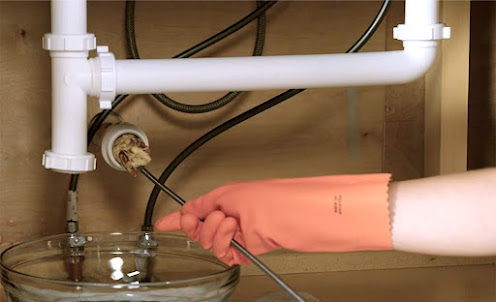Plumbing System Of National City Plumbers
The plumbing system in our homes is intended to handle the distribution and removal of water throughout our residences. The plumbing system starts with a well or water service line and finishes with the home's septic tank or sewage system. The plumbing system also contains the furnace and radiators in homes with a boiler heater.
A plumbing system of national city plumbing consists of water pipes, fixtures (sinks, toilets, bathtubs, and showers), and appliances that transport water from supply to disposal. Plumbing often includes a range of pipelines and valves and gas, solar, and electric heaters, filters, softeners, iron removers, pumps, and faucets. The complexity of a standard house plumbing system may appear daunting at first, but in truth, a plumbing system is one of the most fundamental systems found in a home.
The plumbing system's different components are all meticulously engineered to heat water, occasionally chemically treat water, change it with detergents and acid, and contaminate it with the organic waste of various types. As a result of daily use, system components will fail and occasionally require repair. Plumbing repairs are needed only when a member or appliance fails to function as intended or when requested a modification to the home's design. Fixing a leaky faucet, unclogging a drain or toilet, or repairing a frozen and busted pipe are examples of common repairs. When upgrading a bathroom or kitchen, or performing other home upgrades, changes to the plumbing system are always done.
You don't need to know how everything in your home's plumbing system works, but knowing the essentials, what tools and equipment are often required, how to be safe while dealing with plumbing, and how to prevent a plumber's worst nightmare: an uncontrollable flood of water, can assist. Here are a few things you should know before starting a plumbing job:
- Where and how to turn off the main water supply.
- Where to cut off the water to the toilet, sink, tub, water heater, shower, or broken device. Before commencing any plumbing repair to equipment such as an electric water heater, locate the appropriate circuit breaker and turn off the electricity.
- Where and how to cut off a gas-powered water heater's gas source. You must also understand how to securely relight the water heater once all repairs have been completed.
- If you are undertaking any job that requires the use of an open flame, you must take the necessary fire protection procedures and have fire extinguishing equipment on hand. All it takes is some solid information and a little experience, and you'll discover that doing basic home plumbing repairs is simple, enjoyable, and cost-effective.

Comments
Post a Comment